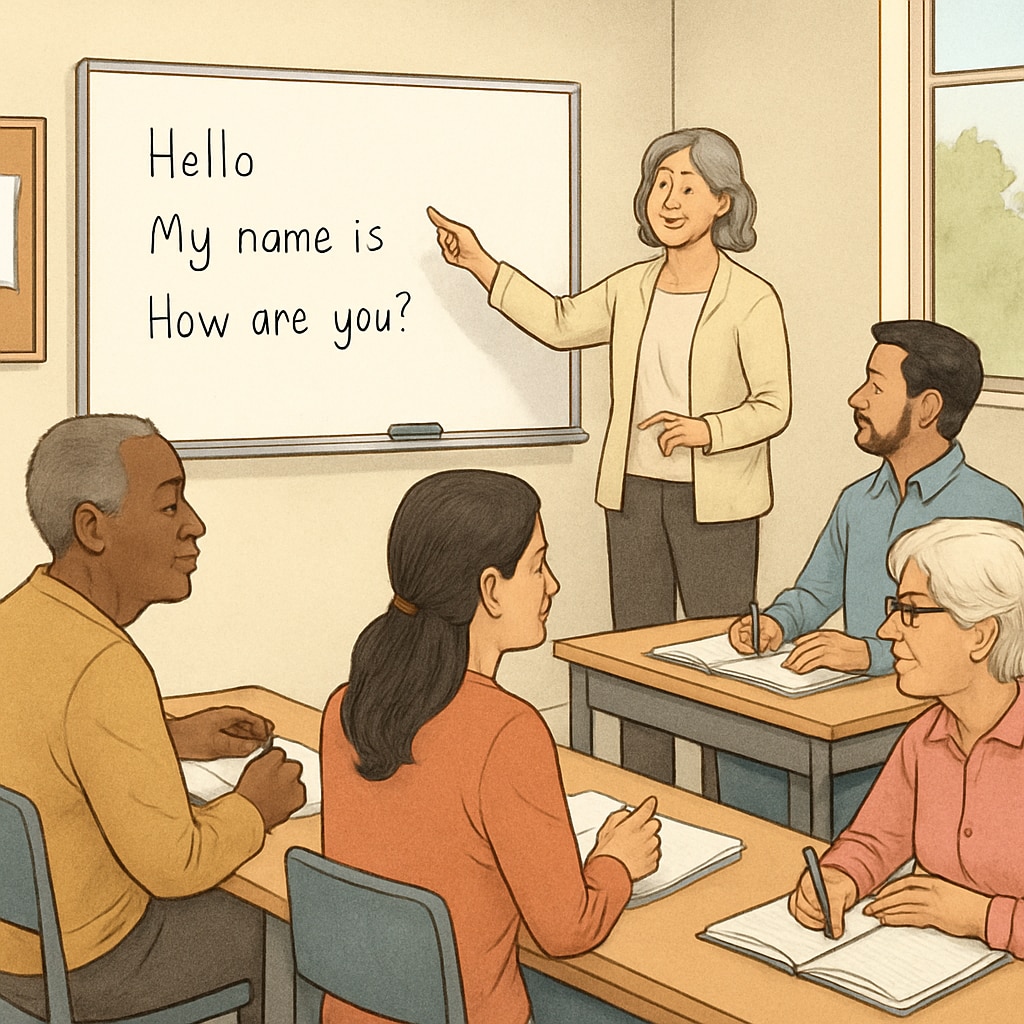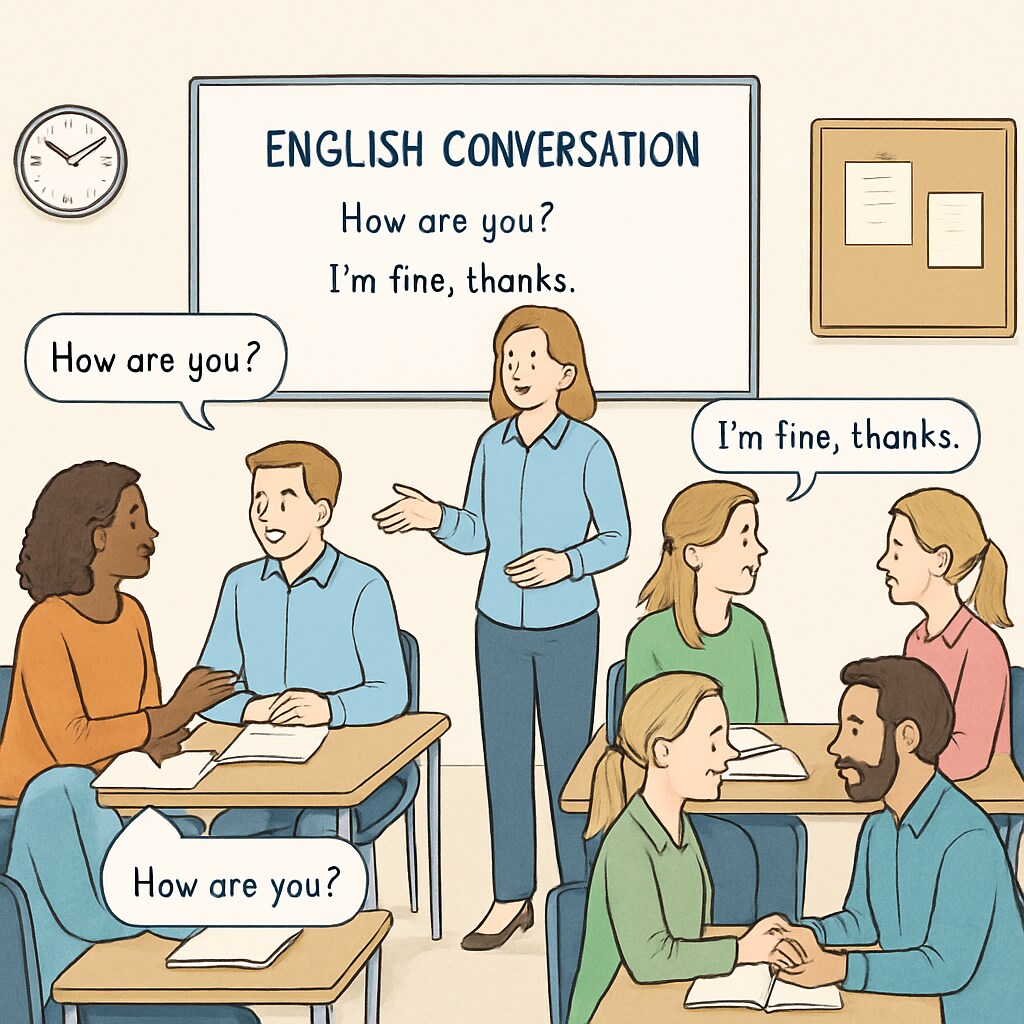Adult education, cultural adaptation, and foundational knowledge are crucial for immigrants seeking to integrate into Western society. For adult learners, especially those unfamiliar with Western cultural norms, acquiring basic knowledge in subjects such as English, mathematics, and science can greatly enhance their ability to navigate daily life, communicate effectively, and understand cultural expectations. In this article, we delve into the importance of foundational education for adult immigrants and provide a practical guide to resources available in New York City.
Why Foundational Knowledge Matters for Cultural Adaptation
Immigrants often encounter barriers to cultural adaptation that stem from gaps in their foundational education. For example, proficiency in English is essential for communication, accessing services, and participating in the workforce. Basic math skills are necessary for managing finances, while scientific literacy helps individuals understand healthcare advice and societal norms. These fundamental skills act as a bridge, enabling immigrants to better integrate into their new communities.
In addition, foundational education provides a framework for understanding Western cultural values, such as critical thinking, personal accountability, and civic participation. Learning these concepts through structured education can empower adult learners to make informed decisions and engage with local culture confidently.

Educational Resources for Adult Immigrants in NYC
New York City offers a wealth of resources for adult learners seeking foundational education. Whether through government programs, nonprofit organizations, or community centers, adult immigrants can access courses tailored to their needs. Below are some notable options:
- Adult Literacy Programs: Local libraries and organizations like the NYC Department of Education Adult Education Program offer free or low-cost literacy courses focusing on English language skills, reading, and writing.
- GED Preparation Classes: For those looking to achieve equivalency in high school education, NYC provides GED prep classes through organizations like the Workforce Development Board.
- Community Colleges: Institutions like LaGuardia Community College offer adult education courses covering K12 subjects, vocational training, and English as a Second Language (ESL).
- Nonprofit Organizations: Programs like Literacy Partners and The International Rescue Committee focus on helping immigrants learn essential skills while offering cultural orientation training.
These resources not only teach foundational knowledge but also create supportive environments where adult learners can connect with peers facing similar challenges.

Tips for Adult Learners Navigating Cultural Adaptation
For adult immigrants, successfully adapting to Western culture involves more than just academic learning. Here are some practical tips to complement foundational education:
- Engage with Local Communities: Attend cultural events, volunteer, or join community groups to gain firsthand exposure to societal norms.
- Practice Language Skills Daily: Use apps like Duolingo or engage in conversational practice with native speakers to improve fluency.
- Understand Civic Responsibilities: Learn about local laws, voting rights, and community roles through workshops or online resources.
- Seek Mentorship: Connect with mentors who can provide guidance on professional and personal development.
By combining foundational education with active participation in their new environment, adult immigrants can build confidence and thrive in Western society.
Readability guidance: This article uses short paragraphs, lists, and clear headings to ensure accessibility. Transitions like “for example,” “in addition,” and “as a result” enhance flow, while the content avoids jargon to maintain a B1–B2 reading level.


